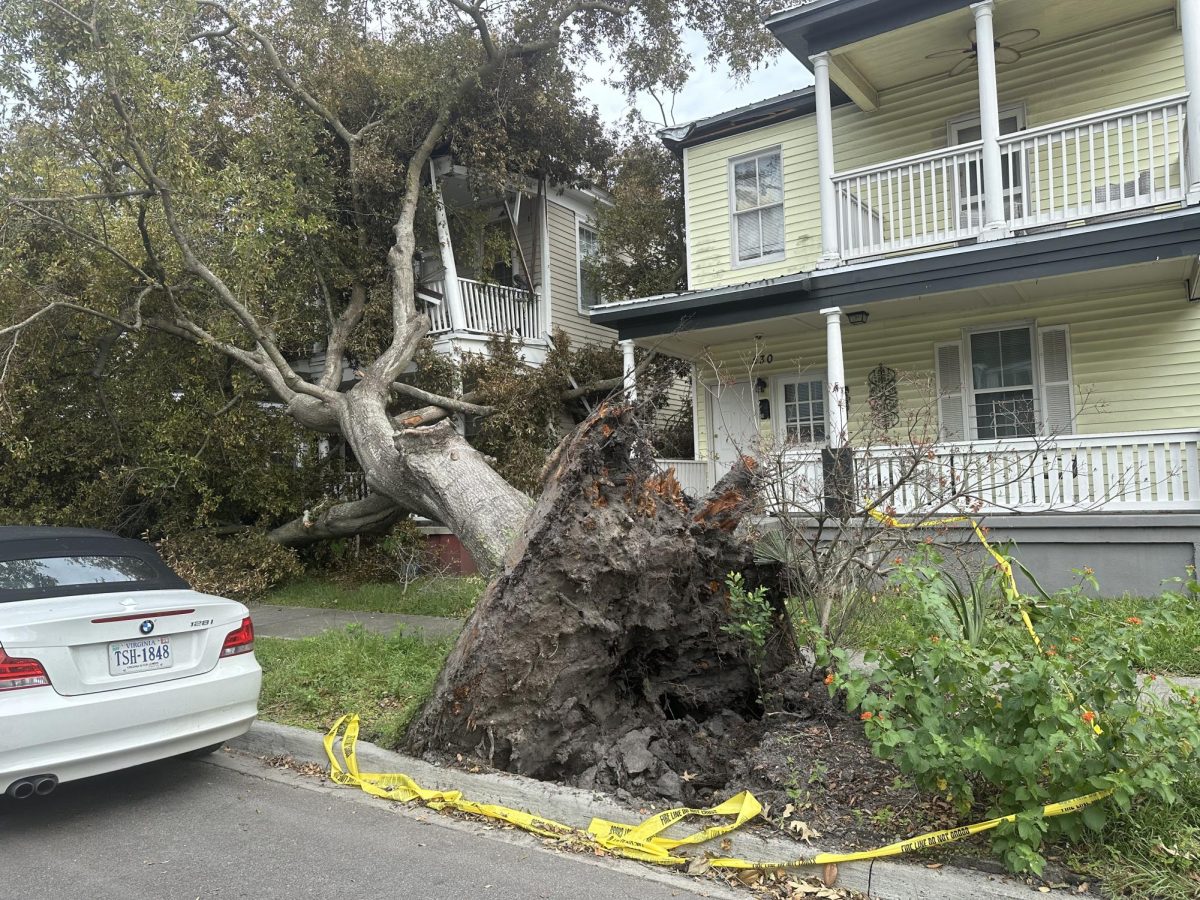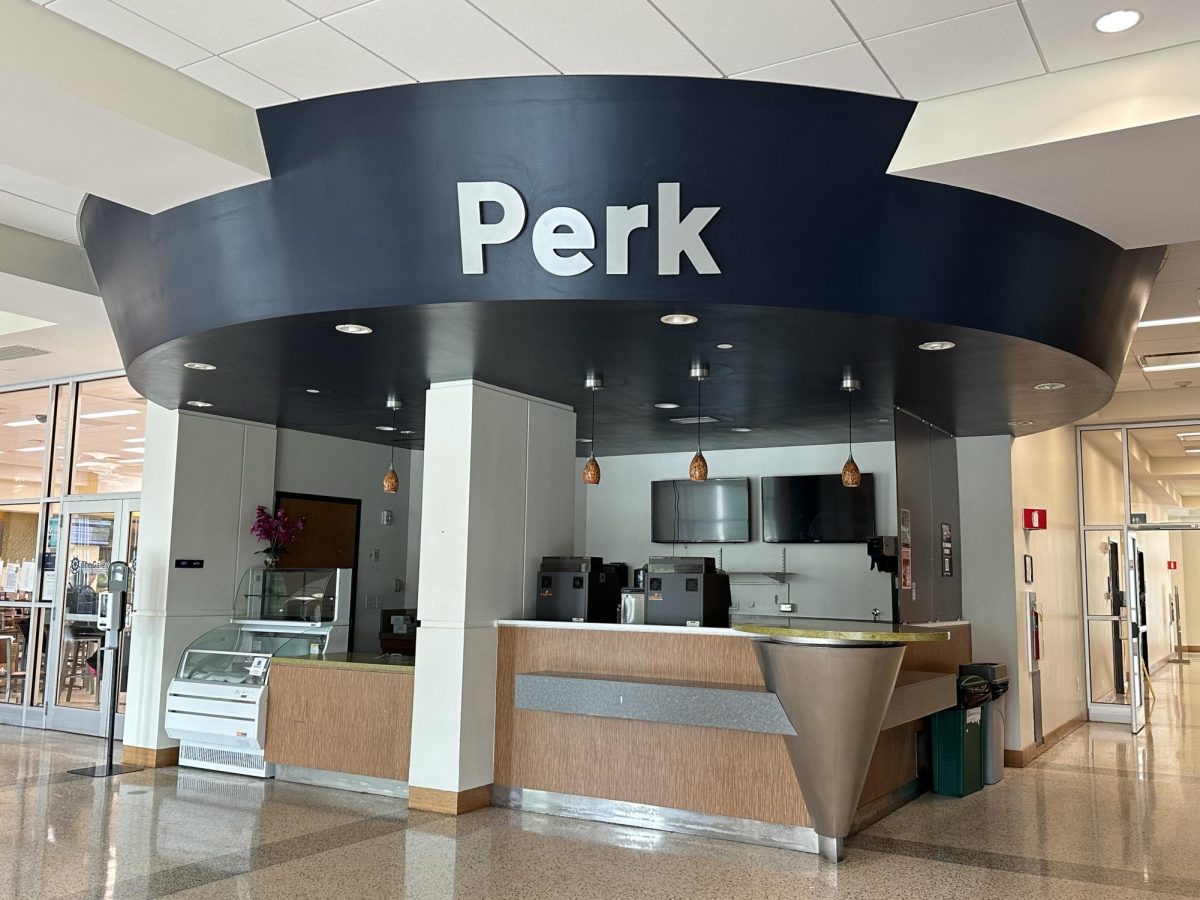Derrick Serven, Staff Contributor
With a homicide rate twice the national average, Savannah can be a dangerous place, but the Georgia Southern Police Department protects students by using informative technology and preventative measures.
In 2018, there were several shootings and fatalities close to campus. In the McDonalds across the street, a 15-year-old boy was killed while another incident near the Windsor Arms Apartment Homes saw multiple people shot.
Despite the proximity to violence, Armstrong Campus has been safe thanks to the Georgia Southern Police Department.
Georgia Southern Police are state certified and monitor Savannah Police Department channels to stay alert on surrounding crimes.
But many students live off-campus or at least travel around the city for entertainment. So, it is important to stay informed to keep safe.
Georgia Southern has three different alert systems, which escalate with the threat level.
Eagle Alerts, Timely-Warnings, and University Notifications are all electronic message systems that warn students about crime, criminal patterns, and dangerous conditions.
Each alert system has specific criteria required before a message is sent.
Eagle Alert is a mass messaging system for immediate campus danger. Eagle Alerts come in the form of voice, text and email, messages will advise students on the situation and how to protect themselves.
But Eagle Alerts are sent only when the threat is located within the boundaries of these campus maps.
Timely warnings are used when there is a threat or re-occurring patterns of crime and when there is a reason to believe that it will affect the university community. Timely warnings come via email and advise students and staff on ways to personally keep safe.
University Safety Notifications address off-campus safety-issues that could affect students, staff and faculty. These are emails that include tips on safety or updates on adverse weather.
However, with all these notification systems, in August 2018, a man was shot and paralyzed while walking his dog down Marsh Edge Lane, not far from the Armstrong campus. The suspects fled through the adjacent neighborhood. No alert was sent out.
The 2018 shootings near the Windsor Arms Apartment Homes and the McDonalds did not trigger any notifications either.
Jennifer Wise, Communications Director, says that a matrix based off “threat and proximity” is used to determine whether to alert students and which type of alert to send.
Kurtis Purtee, Police Captain of Support Services at Georgia Southern, works directly for the office of Public Safety and with Strategic Communications and Marketing on managing threats and alerts.
Capt. Purtee’s has a standard question he asks before authorizing an alert, “Is there immediate danger to our campus?”
In other words, an Eagle Alert requires evidence of an immediate danger or an imminent threat directly to campus, said Purtee.
If relying on Eagle Alert alone, a student may not know about violent crimes close to campus. Therefore, it is important to use other resources and to be actively aware, said Purtee.
Purtee recommended LiveSafe Solution, a free crime reporting and prevention app, available on iTunes and the Google Play Store. LiveSafe provides maps with emergency services, the ability to report crime or offer tips, access to emergency contacts with texting, and the ability to request safety escorts.
Keeping safe has never been easier with all the different tools available. Still Purtee says to “rely on each other and common sense” to stay safe and out of potentially dangerous situations.
Purtee also advised that securing items and doors goes a long way in crime prevention.
To view on-campus crime statistics please click this link- Armstrong Annual Security Report.







